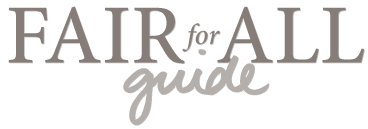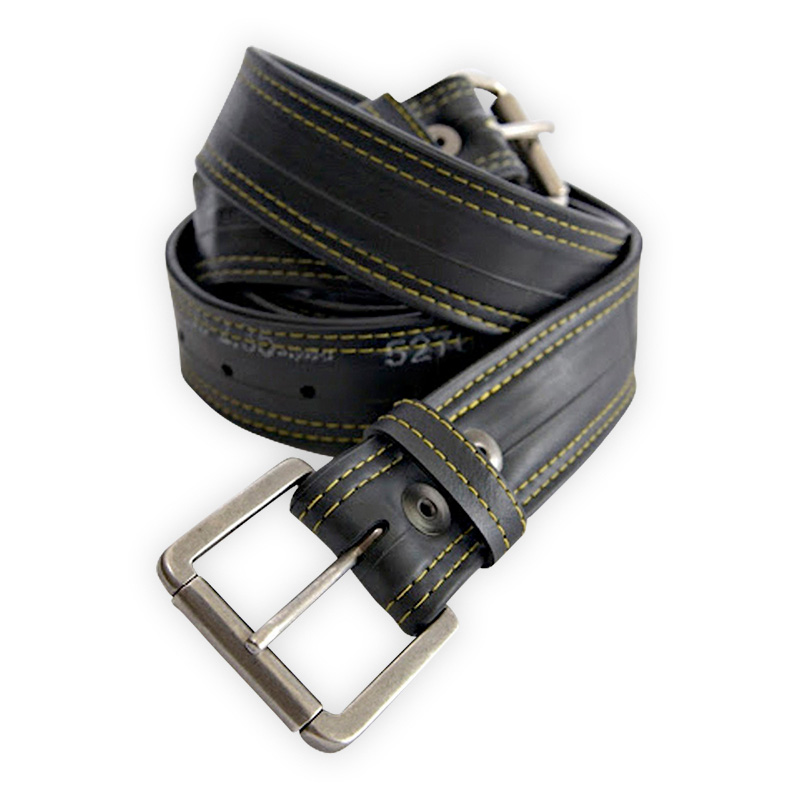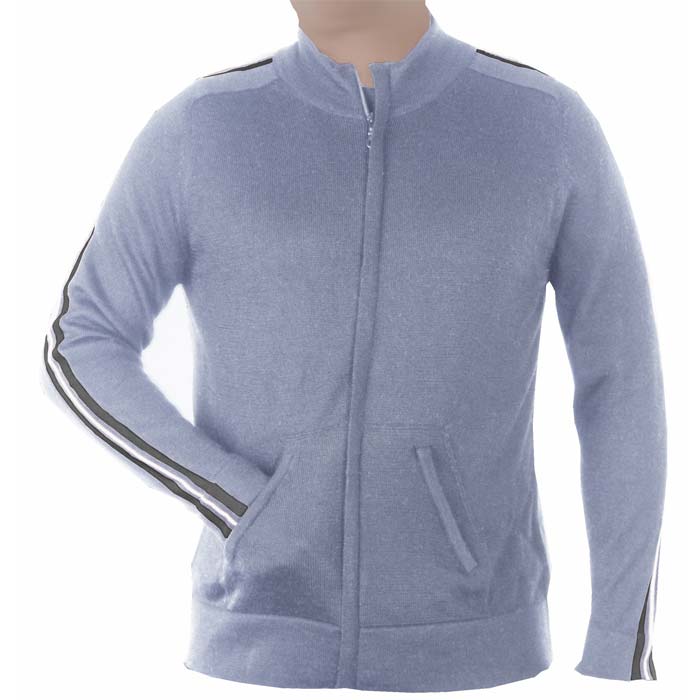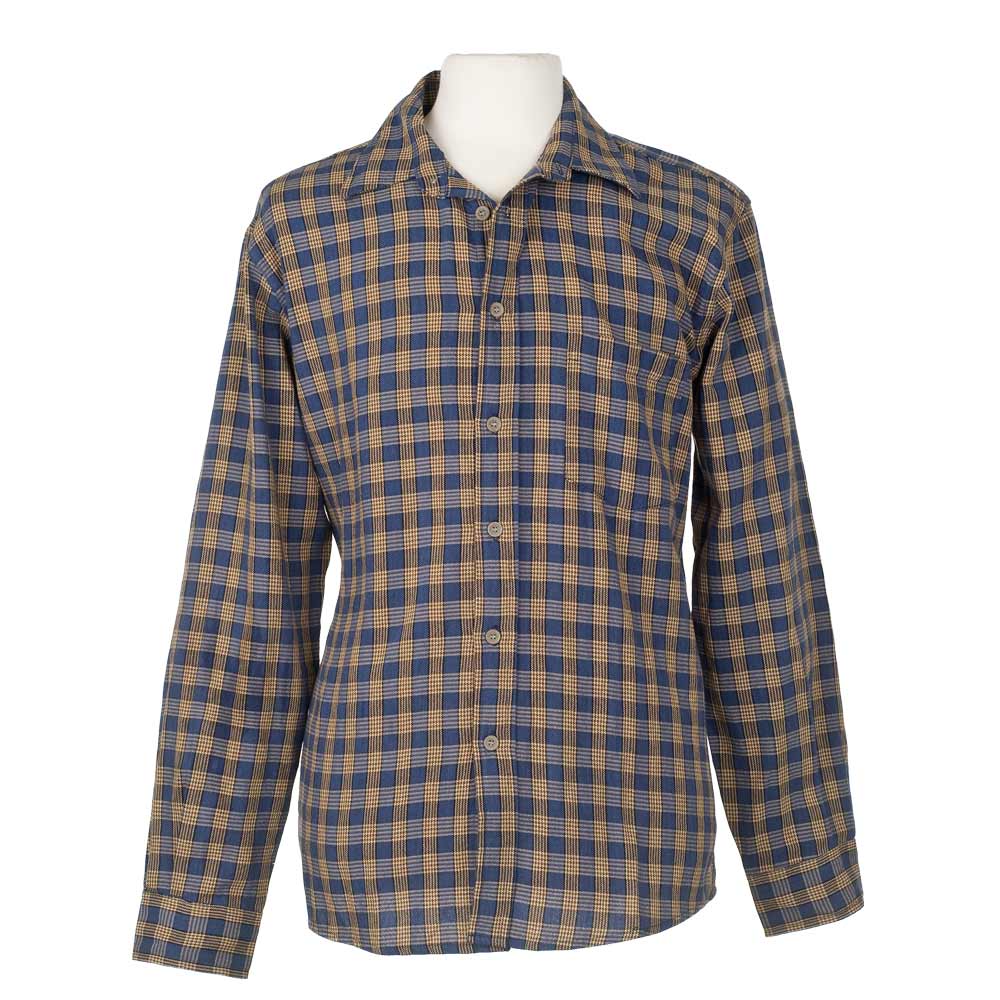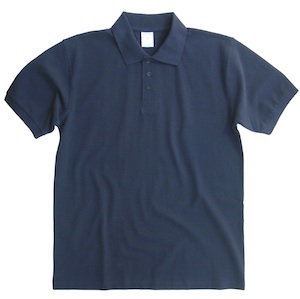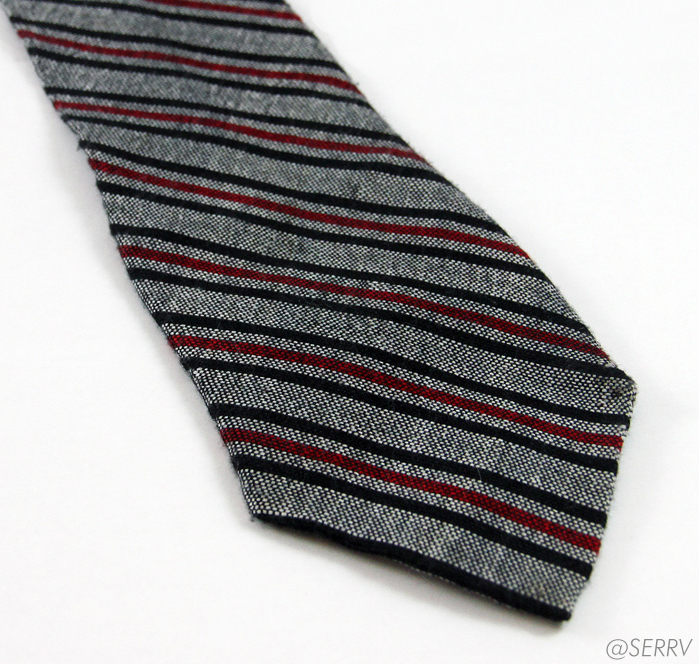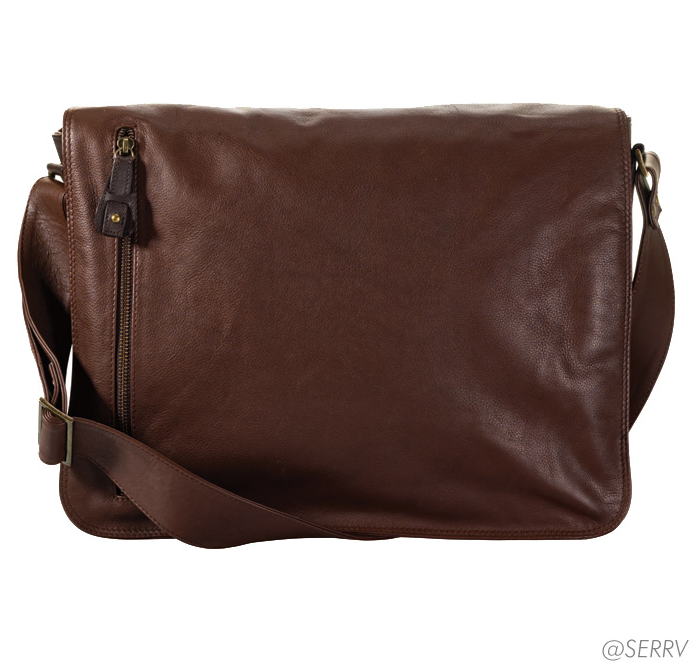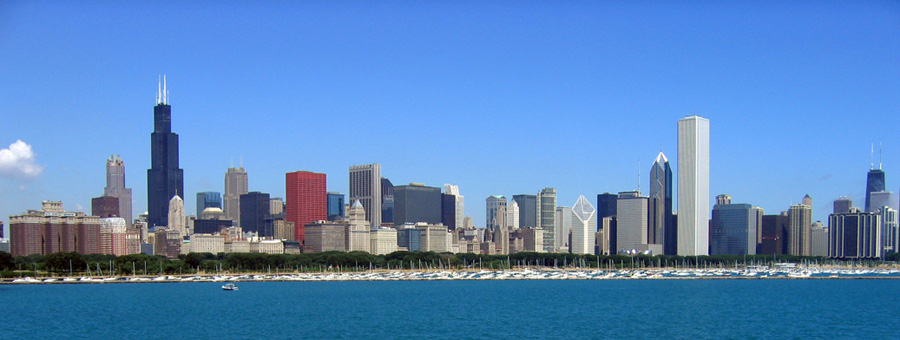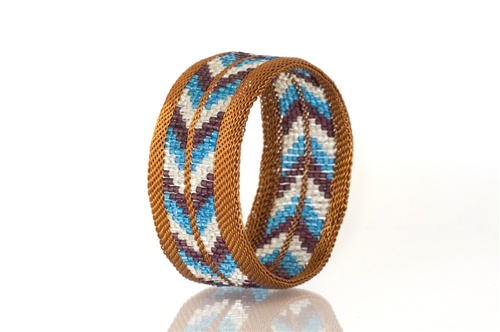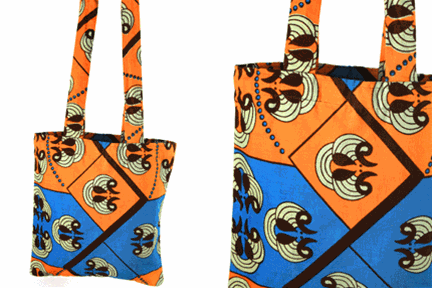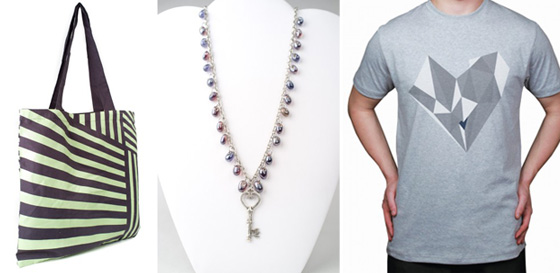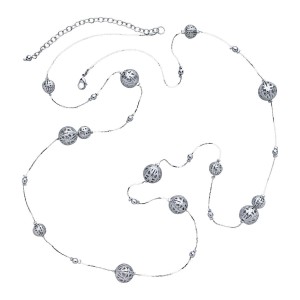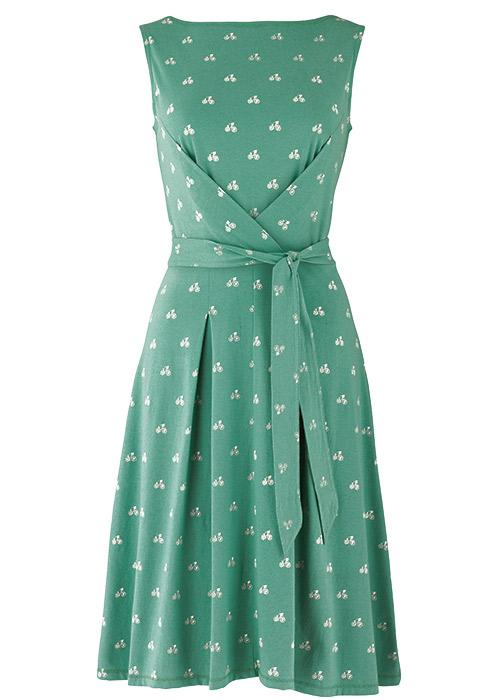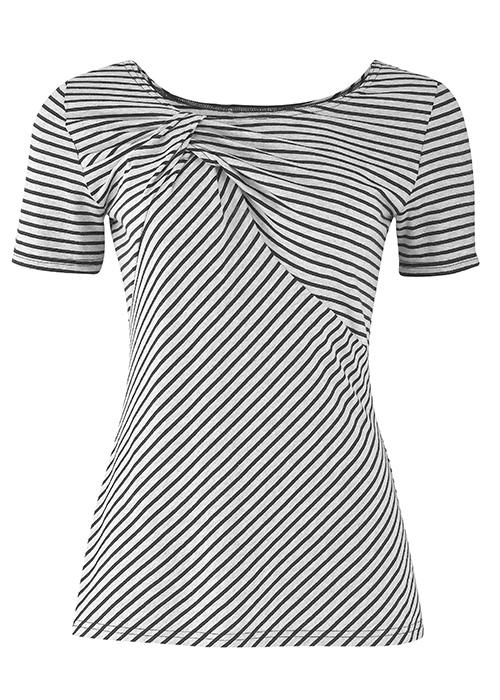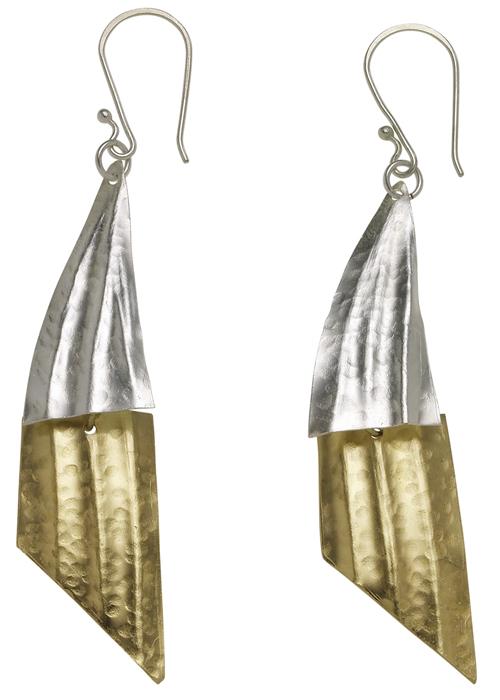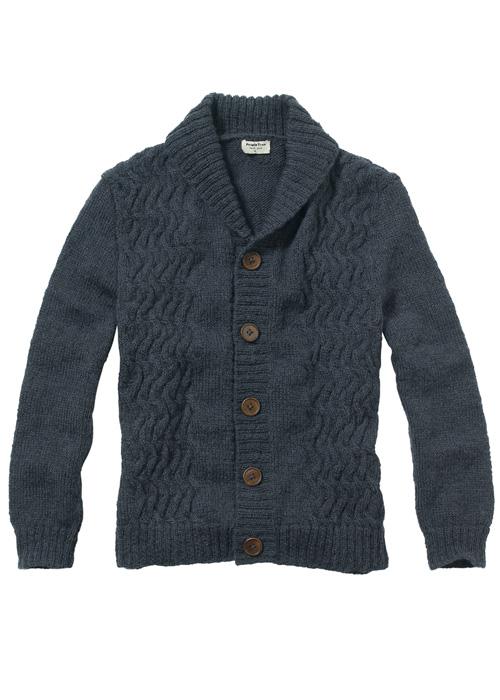Over the last few weeks I’ve been following the aftermath of the tragic garment factory collapse in Bangladesh that left over 400 people dead and hundreds more missing and injured. Frankly, I’ve been a little overwhelmed—not only by the complete horror of the event itself, but by the plethora of news stories published alongside that coverage raising questions about ethical fashion in general.
Obviously the building collapse is heartbreaking and will have long-reaching effects on the victims and their families. However, I am cautiously hopeful that the conversation triggered by this event will push the manufacturing practices of major brands into the spotlight and compel companies to behave more ethically, and consumers to shop more consciously.
As long as major brands continue to deny responsibility for their contracted workers, it is all the more valuable to support companies that have direct relationships with their suppliers and are supportive, not exploitative. I envision a future where all workers do their work safely and with dignity, and now that it has become publicly clear that many workers today face a far different reality, I hope others will join me in this vision as well.
Here are some links to stories that have come out since the building collapse and also some ways to take action:
Can Bangladesh clothing factory disasters be avoided? (Source: BBC) — This article shares multiple perspectives on where responsibility lies for preventing future incidents in garment factories.
Ethical Fashion: Is The Tragedy In Bangladesh A Final Straw? (Source: NPR) — Listen to Elizabeth Cline’s interview on Fresh Air. Cline wrote the book “Overdressed: The Shockingly High Price of Cheap Fashion.” The interview is full of interesting facts: for example, I didn’t know that as recently as 1990, about 50% of clothing bought in the U.S. was made in the U.S. Today it’s about 2%. Also, the government previously had caps on the amount of clothing that could be imported from each country; these caps expired in 2005. Definitely worth a listen.
A guide to ethical shopping: Five tips for buying clothes more responsibly (Source: National Post) — Five helpful tips for ethical shopping and holding brands accountable. One example: use social media to ask questions about brands. A public message is more likely to receive a reply than an email.
Don Pittis: An ethical shopping trip means more than comparing price tags (Source: CBC) — This column points out that there is not necessarily a correlation between higher prices and higher ethical standards.
Shoppers face hurdles in finding ethical clothing (Source: Huffington Post/AP) — An overview of the challenges facing ethically-minded consumers, plus examples of current sources for ethically-made clothing.
Donate to the Bangladesh Center for Worker Solidarity, a workers’ rights group that is working to hold brands accountable and ensure that the promised compensation reaches the victims.
Sign a petition to Walmart, H&M, and Gap asking them to join the legally-binding Bangladesh Fire and Building Safety Agreement.
